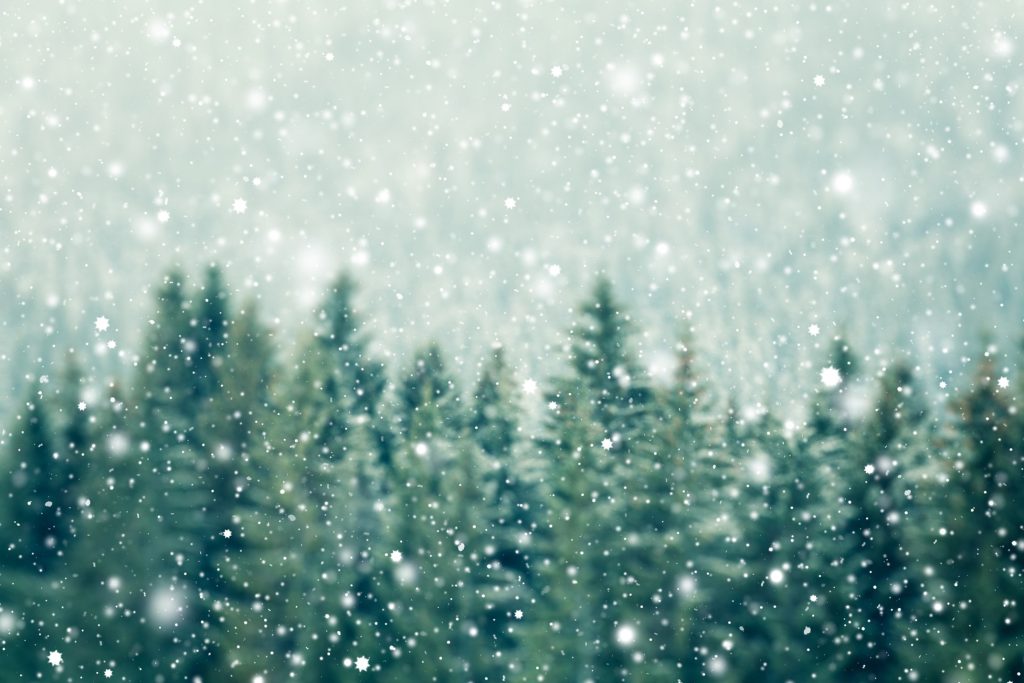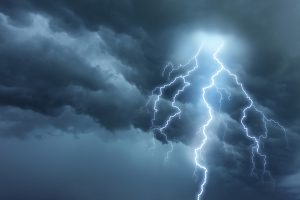
The 3 Types of Trauma and How They Impact You
Trauma comes in many forms—acute, chronic, and complex—each shaping how you see yourself and the world. Understanding the differences can help you take the first step toward healing



As a therapist, I’ve noticed how nature often mirrors our psychological needs, and with the early arctic breezes rushing through the northeast, I thought it appropriate to get a head start on contemplating Winter and what it brings for us.
Winter, with its hushed snowfall and early darkness, creates a natural pause in our typically bustling lives. This seasonal shift offers us a unique opportunity for deep emotional work and self-discovery.
The stillness of winter speaks to something primal in us. Just as animals slow their pace and trees draw energy inward, we too feel the pull toward quieter moments. This isn’t mere coincidence – it’s our psyche’s natural rhythm aligning with the world around us. When we fight against this instinct to slow down, we often find ourselves struggling with heightened anxiety and emotional exhaustion.
Winter’s invitation to contemplation comes at precisely the right time. Even though it seems to have come upon us a little early and rather unexpectedly this year, it often comes after the social whirlwind of the holidays – affording many of us relief in giving permission to turn inward. This is when the real work of self-discovery can begin. The long nights and cold weather create a cocoon-like atmosphere perfect for journaling, meditation, or simply sitting with our thoughts without the usual pressure to be “doing” something.
But contemplation without compassion can lead us down harsh paths of self-judgment. Winter teaches us about compassion through its extremes – we check on elderly neighbors during storms, share warm drinks with friends, and gather in heated spaces to combat the cold together. This outward compassion can guide us toward being kinder to ourselves. When we’re stuck inside during a blizzard, we’re reminded that sometimes the most productive thing we can do is simply rest and recharge.
The clarity that winter brings is perhaps its most powerful gift. There’s something about the stark landscape – bare trees against white snow, crisp air that makes every breath deliberate – that helps us see our lives more clearly. Without the distractions of summer activities or fall festivities, we can better examine our relationships, goals, and patterns. I’ve been known to experience many breakthrough moments during these months and so have clients, as if the stripped-down nature of winter allows us to finally see the forest through the trees.
Creating a winter wellness routine doesn’t require grand gestures. Start with five minutes of morning reflection while having your first hot drink. Use the early darkness to establish a calming evening ritual. Let the weekend’s heavy snowfall be your excuse to finally write that letter to yourself you’ve been putting off. These small moments add up to significant personal growth.
As we move through winter, remember that this season of contemplation isn’t about forcing insights or dramatic transformations. Instead, it’s about creating space for whatever needs to emerge naturally. Like seeds dormant under frozen ground, our deepest insights often need this time of quiet incubation before they can bloom.
Winter reminds us that growth isn’t always visible and that healing often happens in the quiet moments between our busy activities. By embracing this season’s invitation to slow down, reflect, and nurture ourselves, we can emerge with greater self-understanding and emotional resilience.
The next time you find yourself looking out at a winter landscape, remember that you’re witnessing nature’s master class in self-care. The bare trees aren’t empty – they’re conserving energy for future growth. The frozen ground isn’t lifeless – it’s protecting the seeds of spring. And you, in your moments of winter contemplation, aren’t being unproductive – you’re doing the essential work of tending to your inner garden.
Learn More
The holidays can be a hard time of year for many. If this season brings up difficult emotions and experiences for you and you think you might need extra support, we invite you to check out our Anxiety Therapy, Trauma Therapy, and Religious Trauma & Spiritual Abuse Therapy pages.
If you’d like to reach out to us, you are welcome to contact us here.
Much love this season and always

Trauma comes in many forms—acute, chronic, and complex—each shaping how you see yourself and the world. Understanding the differences can help you take the first step toward healing

Do you second-guess yourself constantly, turning to others for reassurance? You’re not alone—but you can break free from self-doubt and start trusting your own wisdom. Here’s how.

Ever notice how political news and social media can leave you feeling physically sick, anxious, or completely drained? You’re not alone. While it’s normal to feel stressed about politics, there’s a point where that stress can become something more serious.

Resilience isn’t about being unshakeable or never feeling anxious – it’s about your ability to adapt and bounce back from challenges.

Have you ever shared a difficult experience only to hear “Just think positive!” or “Good vibes only!”? While these responses might seem supportive, they’re actually examples of toxic positivity. Real optimism isn’t about denying difficulties – it’s about acknowledging challenges while maintaining hope.

Have you ever heard someone respond to a friend’s genuine struggle with phrases like “Everything happens for a reason” or “Just focus on the positive”? While well-intentioned, these responses might actually be examples of spiritual bypassing.
Much like the lotus flower, the muddy waters of our wounds can be fertile ground for transformation.
Copyright © 2024 Soul In Motion Therapy & Coaching. All Rights Reserved | Site by La Dolce Video & Design